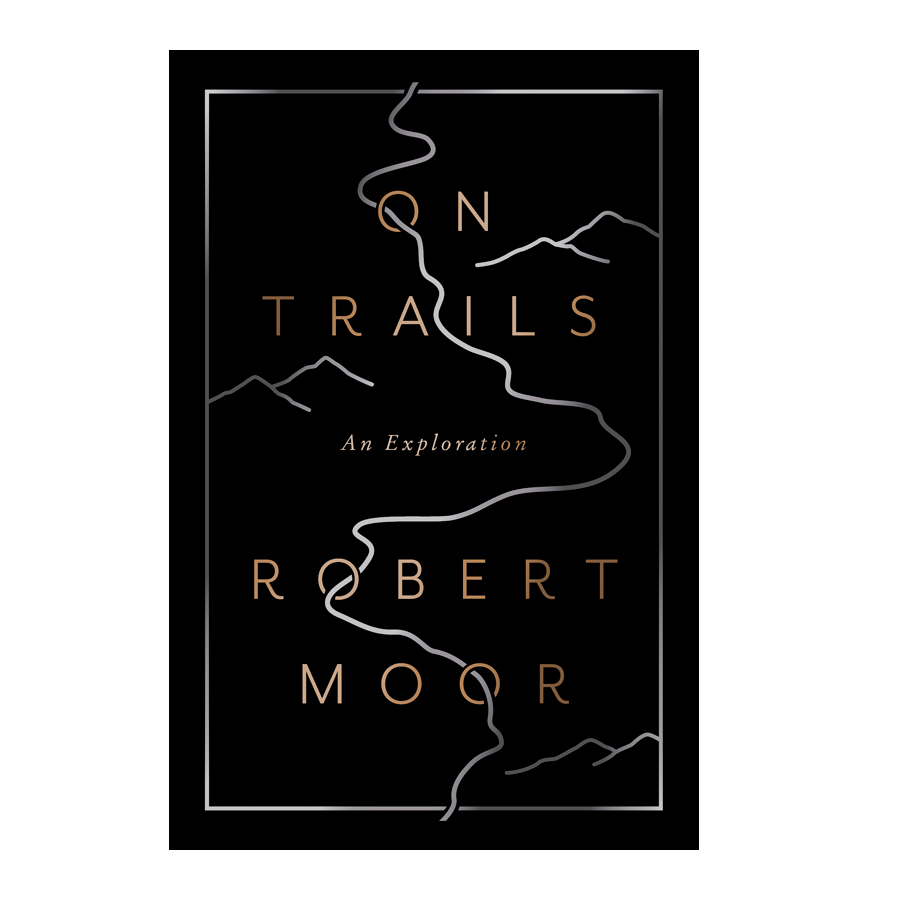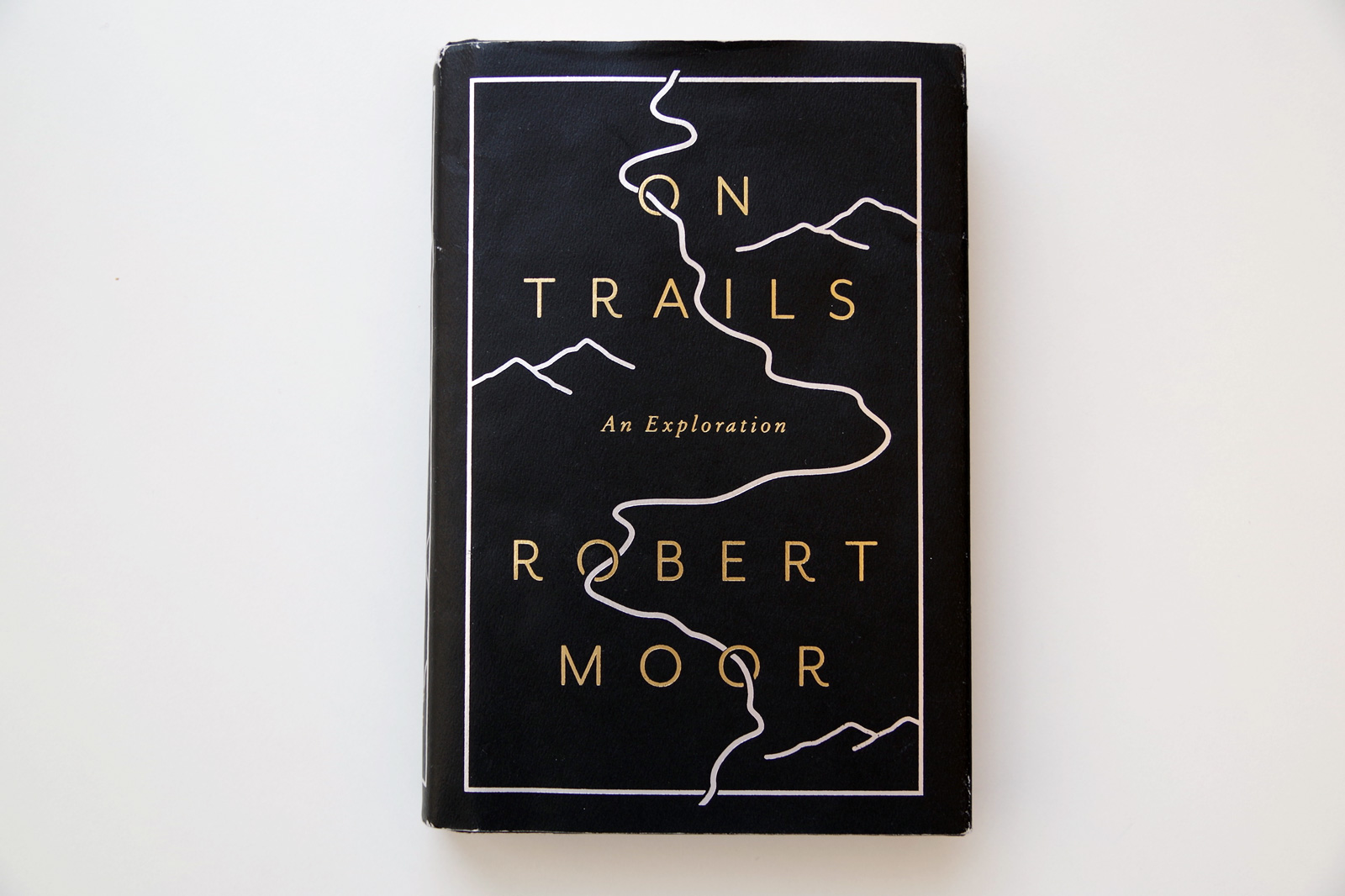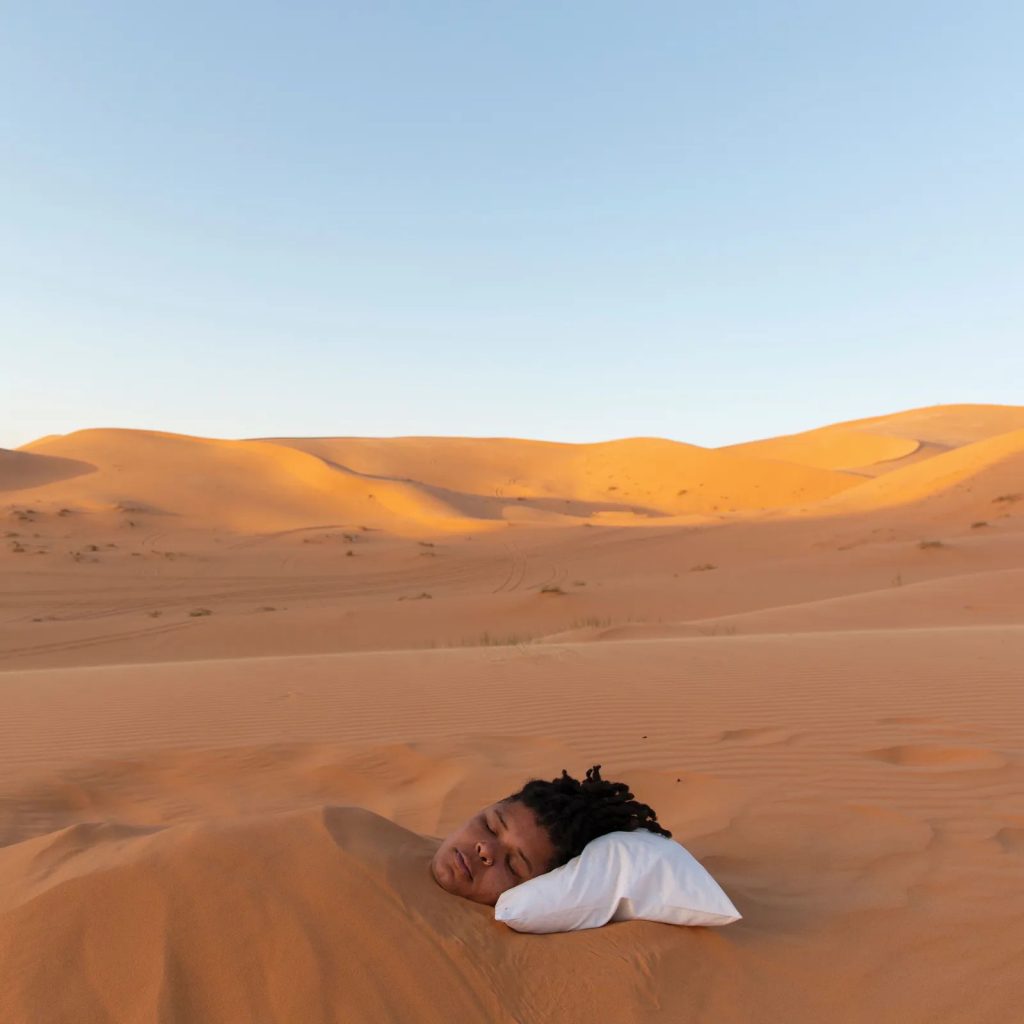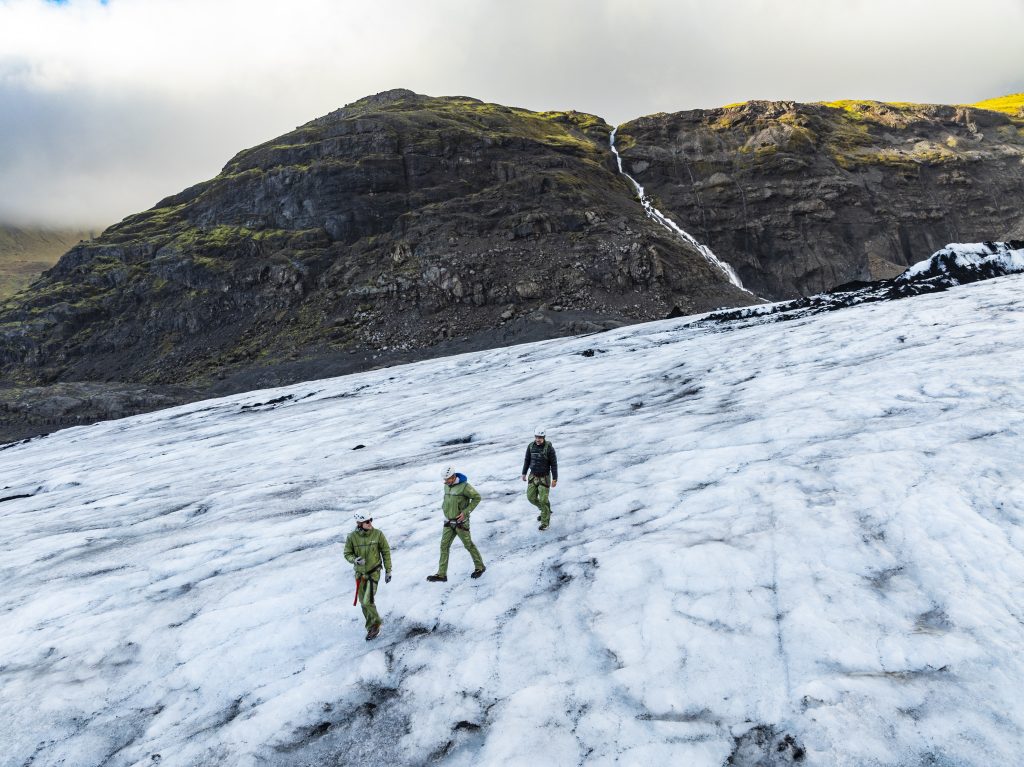Robert Moor’s “On Trails: An Exploration”
A non-fiction work on the very nature of trails, inspired by the author’s hike of the Appalachian Trail


Everyone is familiar with the way one’s mind strays while on a long walk. Seven years ago, author Robert Moor embarked upon a very long walk—in fact, it was a five-month-long thru-hike of the Appalachian Trail. During that time, he took copious amounts of notes about the experience and began to consider writing a book. “On Trails: An Exploration,” out today, is far more than a hike’s retelling. Moor’s debut non-fiction work acts as a study on the very idea of a trail—exploring everything from ant trails to the highways. Interwoven with his personal experiences, years of research and anecdotes he gathered along the way, “On Trails” touches upon the wonders of things that appear so simple and commonplace. Through complex thematic exploration, stunning prose and an adventurer’s spirit, Moor crafts a narrative for hikers, thinkers and just about anyone who enjoys a good wander. We spoke with the author to get a better understanding of his process and what comes next.
When you set out on your AT hike did you know a book would be in the works?
This was definitely not a Bill Bryson trip, where I went out with the aim of writing a book. I wanted to hike the Appalachian Trail since I was 10 years old. I had read “A Walk in the Woods.” In fact, it’s the only book I had read about hiking the trail. In some ways I joke in The New Yorker piece I wrote that it is all anyone reads about the AT. While I was hiking, I did start conceiving a book about it. I thought I would write it a little more lyrical and serious—where someone actually finishes. It would be a book about the AT as an American pilgrimage. But I imagined there would be a sub-chapter about trails where I would show how they are this universal experience making meaning out of chaos and passing on wisdom, basic elemental things. As I was reading about it, I kept gathering snippets of information on this. The file grew and grew and then I knew had a book about trails. It was a different book than I thought I would be making and this was a terrifying feeling.

With the amount of information (both personal and research-driven) within the book, how did you seek to structure the narrative?
It took me a really long time to come up with a structure. I had a McPhee-esque obsession with structure. I wanted it to have elegance, but because it’s so sprawling I wanted it to be linear but incorporate swerving. My general schematic was: start small and ancient, and then zoom out to larger scale and our current moment in time.
There’s a real danger to thinking this is a teleology of how everything was meant to culminate on the Appalachian Trail. That’s not the story I am trying to tell. It’s more of an organizing principal. Here, each thing is building upon the next, becoming more complex and larger, down to highway systems and the internet—incredibly vast and complicated. You can see when you get to the last chapter, these threads that run all the way back to insects and the earliest animals. Further, I wanted to make sure that there were threads connecting each chapter so it does not feel like a discontinuous collection of essays. Sometimes characters led me from one subject to the next. I found this to be an interesting technique. Rather than going out and finding an expert in every new field, I would ask the person I was currently interviewing if they new anyone in my next topic. Most often they did.

How did you know when it was complete?
I don’t. I still don’t. I don’t think it is complete, but you have to let go of a book. You can’t keep doing it. When I proposed it I said I wanted it to be a “Leaves of Grass” that I could continually update through the years… I don’t think a book needs to be a fixed thing in that sense if the technology doesn’t demand that. I’ve already started to ask readers to send me suggestions that could get incorporated. In a trail-like fashion, I want it to continue to grow and evolve with each reader.
This is a study of those that walk the various trails just as much as the trails themselves. How did you decide upon the relevance and potency of each of these organisms or subjects?
A lot of it was just instinctual and keeping to certain themes. Walking is a process of casting off or shedding. It is winnowing away items. Everything that you carry weighs you down. It’s what I find so beautiful about walking: walkers are forced to continuously streamline themselves. And so it was with the book.
You come out in the book’s prologue, what motivated this?
I don’t know whether that was necessary or helpful. But there were two thoughts at play here. First, I don’t want to be closeted as a writer. I didn’t want to give an impression that I was hiding. Second, there is an emerging theory called queer ecology. It states, more or less, that if you grow up gay or gender non-conforming you look at the question of nature very differently. When you look back at the canon of nature writing there are very few gay people. It’s mostly straight men. I wanted to give that indication and then start complicating what is natural. What is the line between the natural world and civilization? Being gay contributes to my sense of the boundaries between natural, artificial and culturally constructed. And that needs to be screwed with.
When seeking out your next adventure, what do you look for?
There are a couple of things that I am always looking for. Every person who does any kind of adventuring is always looking for a balance between the undiscovered and feasible. In order to accomplish many things you need someone else to have gone before you and left a trail there so you can pick up on their wisdom. At the same time you don’t want it to be so well-trodden that it’s almost used up for you. There are places too trodden, too developed, too managed—and there’s no spirit of adventure. I’m always looking for interesting historical or philosophical elements. I enjoy contemplative aspects. The next book that I’m thinking about writing will be about trees. I am looking around now to find trees that have a particular impact. Certain trees have taken history and philosophy and soaked it almost through their roots.
Robert Moor’s “On Trails: An Exploration” online for $19.
Headshot courtesy of Donna Svennevik, book images by Cool Hunting












